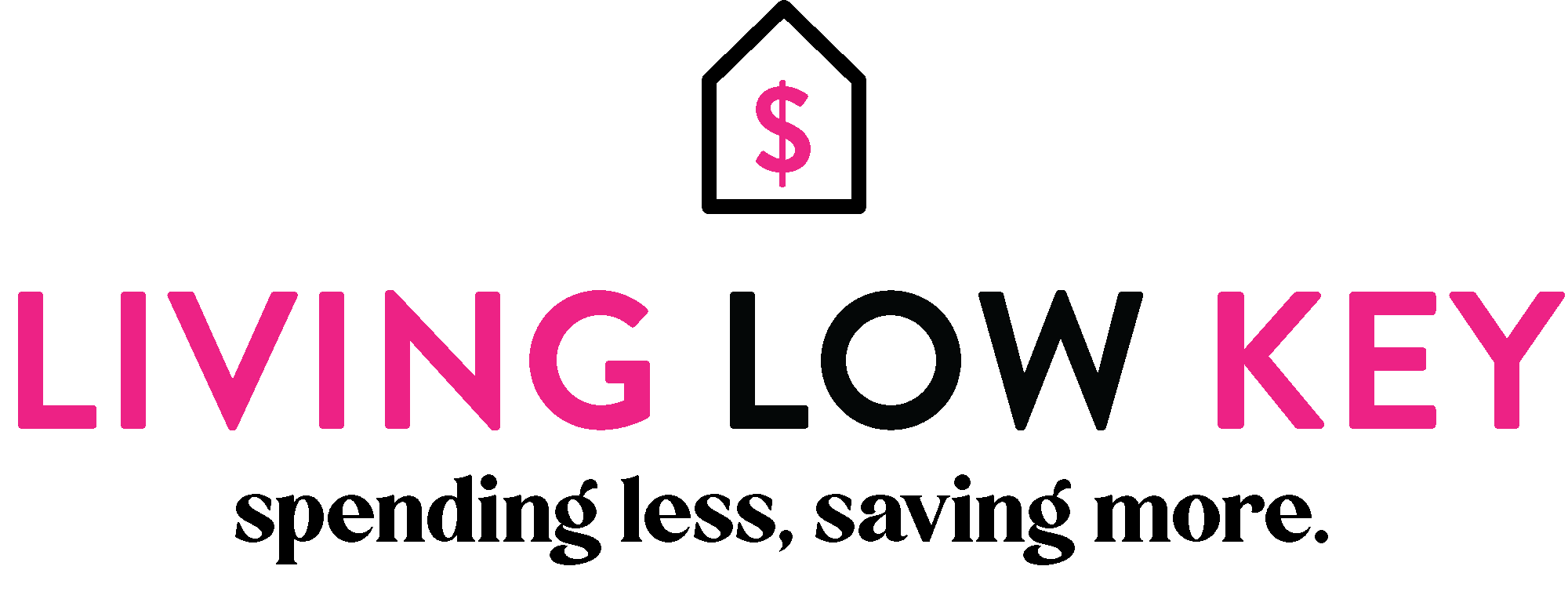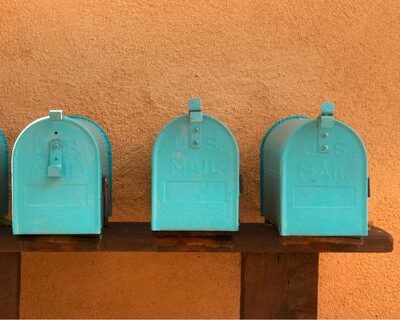Rainy day savings, emergency fund, rainy day fund – whatever you call it, having one is a brilliant idea. You never know when a financial emergency will come up, and if you don’t have the money saved up, you’ll be forced to put it on a credit card or take out a loan.
This blog post will discuss the difference between a rainy day savings fund and an emergency fund. We’ll also talk about how to quickly build your rainy day savings fund so that you’re prepared for anything life throws your way!
What Are Rainy Day Savings Funds?
Rainy day savings funds are simply savings accounts that you set up to cover small, unexpected expenses. The money in this account can be used for anything from a car repair to a medical bill.
The beauty of rainy day savings funds is that they’re easy to build up because they are smaller than an emergency fund. All you need is some discipline and some basic math skills.
How Much Should I Save?
If you’re looking for rainy day funds to cover more minor expenses, I recommend saving $500. This might seem like a considerable amount of money, but it’s not that difficult to achieve if you break it down into monthly or even weekly contributions.
If you can’t afford to save the complete $500 at once, you can start with a smaller initial deposit of $250. Once you have that saved up, you can build up to the $500 mark.
There are many really great ways to start saving money, and my personal favorite is a good old-fashioned budget. I use my Budget Binder to help me save money every month! Check Out All The Details Here.
Rainy Day Savings vs. Emergency Fund
The main difference between a rainy day savings fund and an emergency fund is size. An emergency fund should contain enough money to cover three to six months of living expenses, while a rainy day savings fund is designed to cover smaller costs.
Another key difference is that rainy day savings funds are typically liquid – which means you can access the money quickly if needed. On the other hand, emergency funds should be invested in low-risk assets so that your money can grow while it sits.
Money market accounts make great options for rainy day savings funds because they offer liquidity and larger interest growth than a traditional bank account.
What is an emergency fund?
An emergency fund is a savings account that you set up to cover unexpected expenses. The money in this account can be used for anything from a car repair to a medical bill.
The beauty of an emergency fund is that it’s designed to cover larger expenses. An emergency fund should contain enough money to cover three to six months of expenses.
How Do I Calculate The Size Of My Emergency Fund?
The size of your emergency fund should be based on your monthly living expenses. To calculate this, add up all of your fixed costs (mortgage/rent, car payment, insurance, etc.) and then multiply it by the number of months you want your fund to last. This will help you determine your savings goals.
For example, if your monthly expenses are $2000 and you want enough cash to fully fund 3 months of living, you want to have an emergency fund containing $6000. That should last you three months if you were to lose your job or source of income!
What Are Emergency Funds Used For?
Emergency savings can be used for anything from a car repair to a medical bill. The key is to only use the money in this account for unexpected expenses that you can’t cover with cash in your budget or from other savings.
The idea of this fund is to cover your living expenses if you have a sudden job loss or you need to cash flow an emergency expense.
One of the most important things to remember about an emergency fund is that it should only be used as a last resort.
How To Quickly Build Your Rainy Day Savings Fund
Now that you know how much to save and the differences between a rainy day savings fund and an emergency fund, let’s talk about how to build your rainy day savings fund quickly.
Here are a few tips:
– Set up a monthly budget and stick to it. Knowing how much money you have coming in and going out each month will be easier to save for unexpected expenses.
– Automate your contributions. This is an easy way to ensure that you’re saving money regularly. You can set up a weekly or monthly automatic transfer from your checking account to your savings account.
– Find extra money in your budget. If you have any room in your budget, put that towards your rainy day fund. You can also look for ways to save money each month, like cooking at home instead of eating out.
– Make a goal. Having a specific goal in mind will help you stay motivated to save money.
You could also try doing a Money Saving Challenge like this one I created. It’s a great way to save money fast!
Where To Keep Your Emergency Fund And Rainy Day Savings Fund?
The best place to keep your emergency fund is in a high yield savings account like a Money Market. This type of account offers higher interest rates than a traditional savings account, which means your money will grow faster.
As for your rainy-day fund, you can keep it in a regular savings account or even a checking account. The important thing is finding an account that doesn’t have any fees and saving.
Saving for an emergency fund can seem like a daunting task, but it’s important to remember that even a tiny amount of money can make a big difference. When an emergency happens, having extra cash takes some of the stress out of the situation.
By following these tips, you’ll be on your way to building up your rainy day savings in no time!
[disclosure]
Grab Your FREE Printable Budget Binder






 10+ Affordable Backyard Graduation Party Ideas
10+ Affordable Backyard Graduation Party Ideas
Great list. I like the idea of giving yourself a reward when you meet a goal. That way you don’t feel like you can’t do it but look what I can do when that happens.
Hi Susan,
Thanks for checking out the post! I’m glad you liked it!